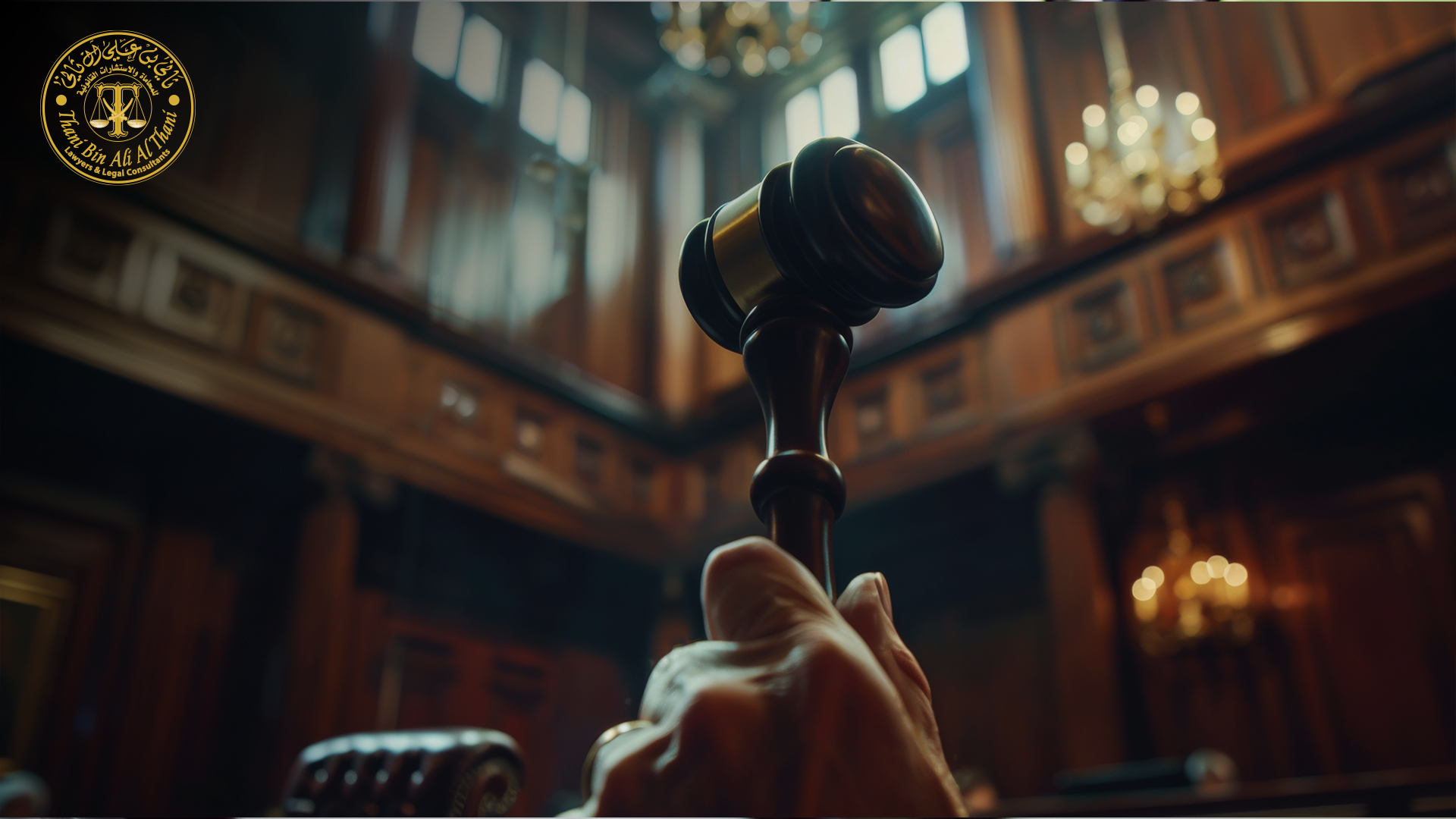In the Qatari legal system, movable property is a key aspect of individuals’ financial estates. It includes all items that can be transferred and owned, such as furniture, vehicles, and other tangible assets that are not real estate.
A financial estate enjoys two main rights:
- A primary right: which is the ownership of the property
- A secondary right: which includes rights that arise either through the will of the property owner or by the authority of law, such as the right of preference.
The right of preference is one of the secondary rights established by law in order to enable the holder to recover their debt before other creditors.

Concept of the Preference Rights on Movable Property
The right of preference is a priority established by law on a specific asset in settlement of a particular debt. This preference grants the right holder the ability to recover their debt from the proceeds of the sale of the movable property before other creditors.
The definition of preference is found in Article (1165) of the Qatari Civil Code (Law No. 22 of 2004), described as a priority granted by law to certain debts based on their specific nature.
The preference serves as a legal tool for ensuring rights and is usually linked to considerations of justice and preserving social order. For example, workers enjoy the right of preference to ensure they receive their wages before other creditors, as their livelihood depends on these wages.
Furthermore, the preference aims to safeguard the financial system of the state by prioritizing public debts, such as taxes and government fees, over others.
Types of Preference Rights
Qatari law classifies preference rights into two main categories concerning movable property:
- General Preference Rights: These include debts that must be settled first by the debtor, such as taxes and government fees, and they apply to all of the debtor’s assets.
- Special Preference Rights: These grant priority to specific rights related to particular movable property or real estate.
Ranks of Preference Rights on Movable Property
The priority of preference rights on movable property is determined by a specific order outlined in Qatari law, with some rights taking precedence over others.
Below is a summary of some debts with preference rights:
1. Court Expenses:
These include expenses incurred in preserving the debtor’s property and selling it. These expenses take precedence over all other rights and are settled first.
2. Amounts Owed to the Public Treasury:
These include taxes and government fees owed, which are settled immediately after court expenses. They are considered a high priority due to their importance to public interest.
3. Amounts Spent on Preserving Movable Property:
These include funds spent to protect movable property from damage or loss, such as repairs made to a vehicle or device. The person who spent this money enjoys preference over this property.
4. Workers’ Rights and Supplier Payments:
Preference is given to workers’ wages and amounts spent on supplying food and clothing for dependents of the debtor. These debts are ranked highly among preference rights.
5. Amounts Spent on Agriculture and Crops:
These debts are preference rights related to agricultural products, such as expenses for fertilizers, seeds, and others.
6. Rent for Buildings and Land:
The landlord enjoys a preference right on movable property found within leased premises, including furniture and equipment. This preference is prioritized over other rights.
7. Amounts Due to Hotel Owners:
Hotel owners are granted preference rights on the guest’s property to ensure payment for accommodation and services rendered.
8. Unpaid Price of Sold Movable Property:
The seller enjoys preference rights over movable property sold until the price is paid. The preference is lost if the movable property is transferred to a bona fide purchaser.
Mechanisms for Enforcing Preference Rights
The holder of a preference right can recover their debt from the proceeds of the sale of movable property before any ordinary creditor, except in cases where other creditors have higher preference rights according to the established order. Additionally, creditors have the right to prevent the transfer of assets encumbered with preference if the debt remains unpaid, such as in the case of a hotel guest’s belongings, where the hotel owner can prevent the removal of luggage until the outstanding dues are settled.
Conclusion
Preference rights represent an effective legal system for protecting the interests of creditors who hold specific rights. The preference law in Qatar aims to strike a balance between the interests of individuals and the state, ensuring the settlement of public debts as a priority, while also protecting individual rights such as workers’ wages, supplier claims, and hotel owners’ rights.


